Revealed: How Big Dairy Is Milking Net Zero
DeSmogBlog
SEPTEMBER 15, 2023
Cows produce methane, a greenhouse gas that absorbs more atmospheric heat than carbon and is currently responsible for 25 percent of all global warming today. That’s a larger share of global emissions than aviation. Livestock methane emissions are also rising in some of these countries. But Global North groups dominate.


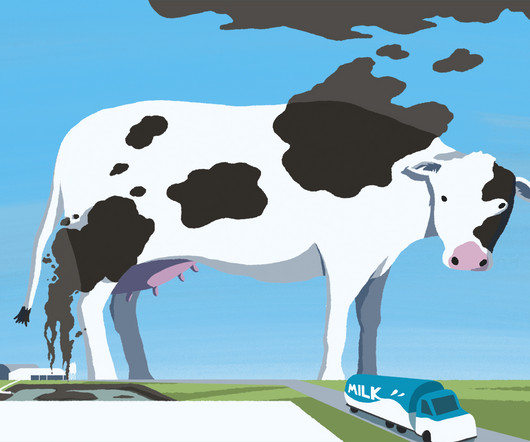
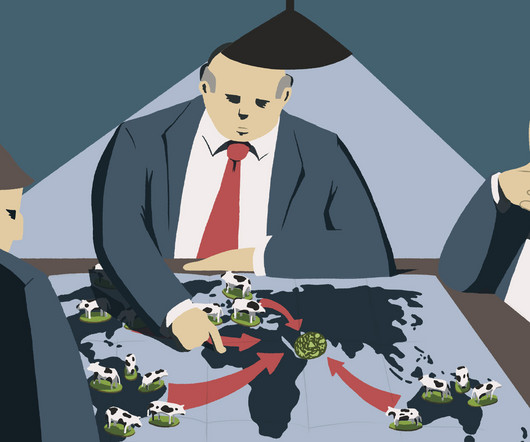
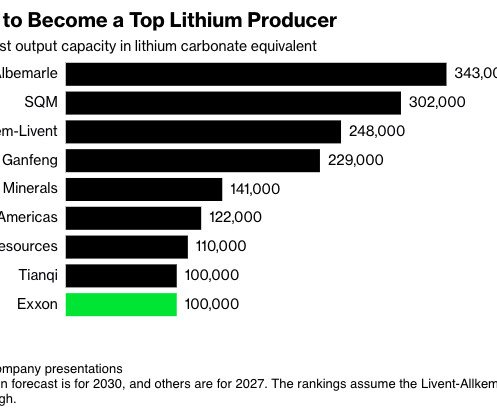


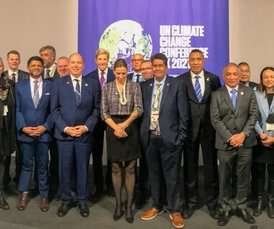
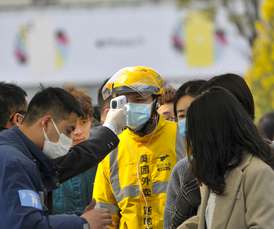








Let's personalize your content